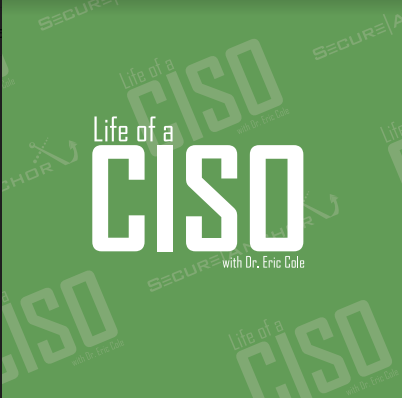So far, 2011 has been a big year for cyber-attacks. American businesses and the United States government were the targets of hackers who stole credit card information, took down websites, and deleted military files. These attacks sent companies and government agencies scrambling to explain how their data was stolen, compromised, or lost. It also forced them to examine their computer security practices. As they attempt to pick up the pieces, security experts are using these events to emphasize the importance of good risk management – namely preventing targeted attacks against companies before it’s too late. One way of increasing cyber security is by creating strong passwords. Here are tips for protecting your personal or professional digital identity, straight from a computer security specialist.
• Use a combination of letters and numbers – never use only one or the other.
• Stay away from using names of spouses, children, or pets.
• Use a bizarre combination of words that only you would remember.
• Don’t use your phone number or birthday – these are considered “weak” passwords.
Just about everyone has at least one password; some people have upwards of ten. According to technology writer Clive Thompson, “the truth is we humans are pretty bad at remembering characters that make for a really strong password.” For people who need multiple passwords, remembering just one would be easier but such a shortcut is also dangerous. As difficult as it may be, the importance of choosing a unique and complex combination of letters and numbers cannot be emphasized enough. Any experienced security expert will tell you that weak and non-existent passwords are partly to blame for online security breaches, so your safety depends on generating a strong password for each different account.


